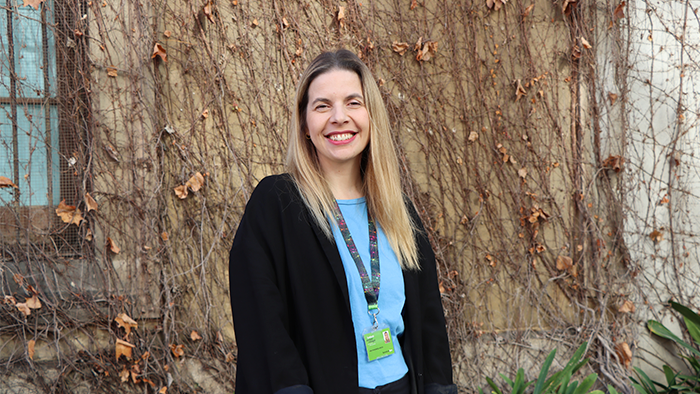29 Nov | 2024
"Science Week": Getting a good night's sleep is key to preventing Alzheimer's disease

Science Week, held every November, aims to bring science closer to the general public and to encourage scientific vocations. Within this framework, the Pasqual Maragall Foundation and its research centre, the Barcelonaβeta Brain Research Center (BBRC), held an Instagram Live entitled ‘The impact of sleep on the brain and health’. During the talk, Dr. Ana Fernández Arcos, neurologist and researcher in the Clinical and Risk Factors for Neurodegenerative Diseases research group at the BBRC, explored how poor sleep can contribute to the development of neurodegenerative diseases such as Alzheimer's disease.
The researcher stressed that ‘sleeping between 7 and 9 hours a day is essential for brain health. Sleep is related to key physiological processes, such as the elimination of neurotoxins and the consolidation of memory. Poor sleep not only affects cognitive function, but is also linked to emotional disorders and an increased risk of developing diseases such as Alzheimer's’.
Signs that indicate that sleep disorders, such as insomnia or apnoea, may be affecting brain health were also addressed. As the researcher pointed out, it is important to identify these disorders early, as they can be a risk factor and, in some cases, also early signs of neurodegenerative diseases. She also recommended various practices to improve sleep habits, such as maintaining a stable routine, with a regular schedule, trying to disconnect from the daily routine, trying to reduce the use of electronic devices before going to sleep and maintaining an active life.
You can retrieve the full talk here.









